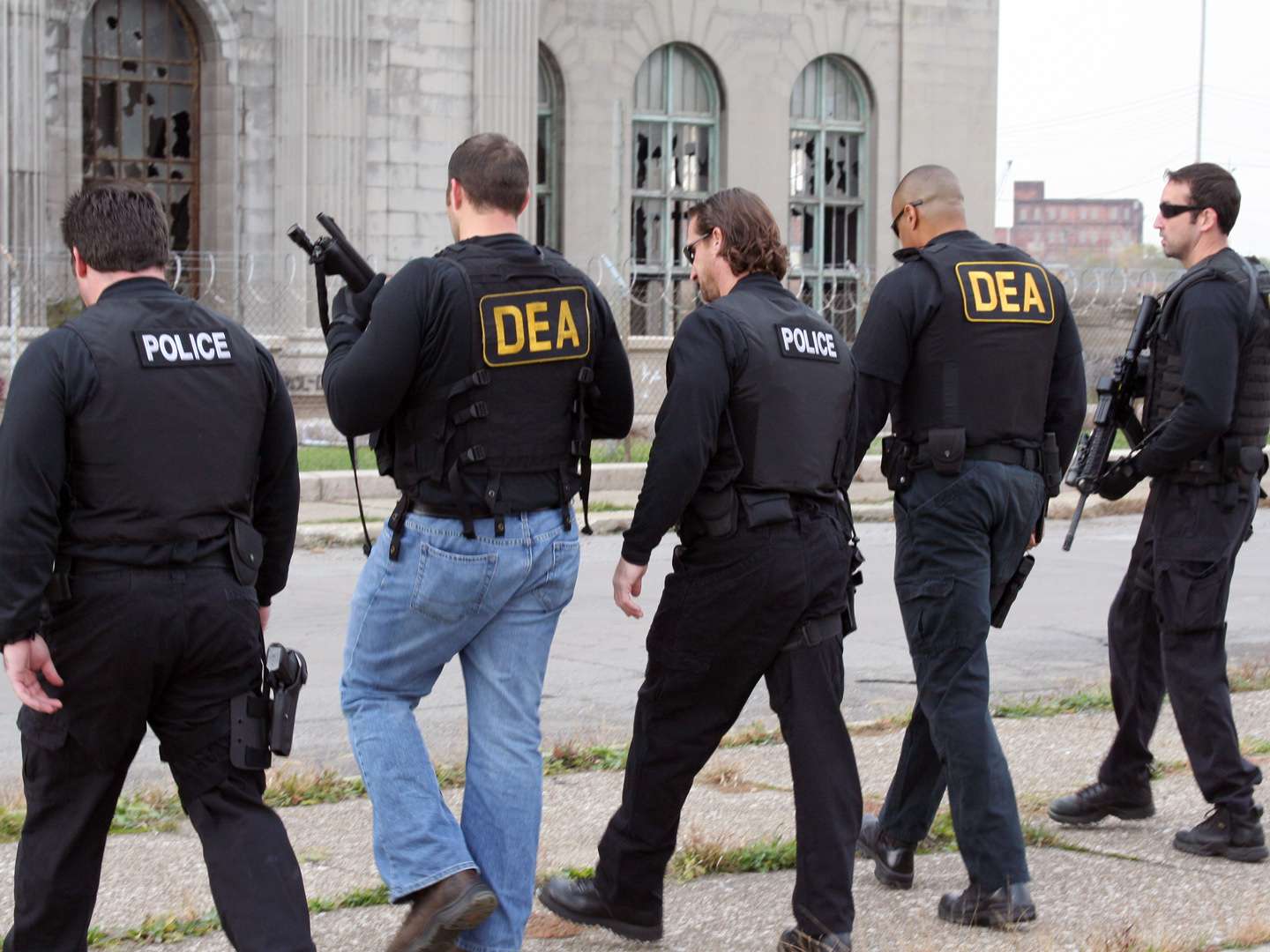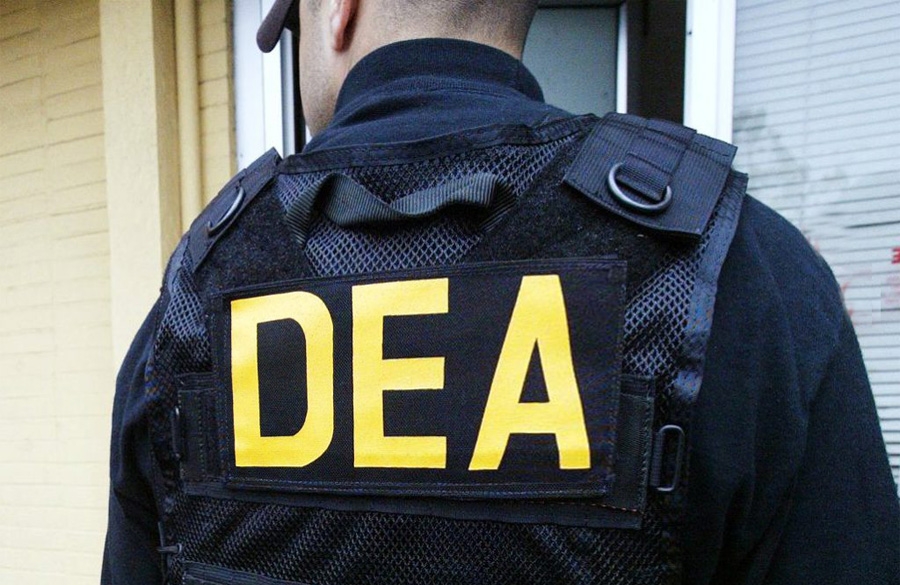Drug Enforcement Administration (DEA) special agents play an essential role in investigating federal law breaches involving controlled substances, illegal drugs, and drug abuse at the world’s leading drug enforcement agency. The agents concentrate on organizations and individuals that produce, manufacture, and distribute narcotics within the U.S. or those who try to smuggle drugs and illegal substances into the country. DEA officers attempt to disrupt drug trafficking activities and undermine the financial systems of the entities linked to drug trafficking.
A DEA special agent’s job description focuses on solving major drug offenses in the U.S. and abroad. Typical tasks might include gathering and processing information, tracking, writing investigative reports, interviewing witnesses, arresting suspects, and seizing drug traffickers’ properties. DEA agents also collaborate on drug intelligence projects with local, state, federal, and international agencies.
Working for the Drug Enforcement Administration is an intense and demanding job. There are a variety of special skills that you will need to excel in this position. To learn more about this career, continue reading the article below.

Careers In The DEA
Below are various different careers within the Drug Enforcement Administration that you could pursue.
Special Agent
The DEA is America’s dedicated weapon against the illicit drug trade. DEA agents target the most infamous drug groups that are threatening our communities. Special agent responsibilities include collecting and processing information to aid in prosecuting major U.S. drug law violators.
Police also work with other law enforcement agencies in the local communities to combat violent drug offenders. Special agents even arrest subjects and seize assets linked to illicit drug trafficking. They may also partner with foreign officials to share intelligence and apprehend international criminals.
Diversion Investigator
The position of Diversion Investigator is a central role within the DEA. Investigators implement the Controlled Substances Act (CSA) and the Chemical Diversion and Trafficking Act (CDTA) on the manufacturing, sale, and dispensing of lawfully manufactured controlled substances.
These substances also include listed chemicals to prevent the introduction of controlled substances and listed chemicals into the black market and ensure a sufficient, continuous supply of pharmaceuticals.
Forensic Scientist/Investigator
The task of the Office of Forensic Sciences of the Drug Enforcement Administration is to provide professional medical, technical, and administrative support to law enforcement and intelligence communities, as well as to the criminal justice system as a whole. They also assist in the implementation of the United States controlled substance laws and regulations.
How To Start A Career In The DEA
- Attend a bachelor’s degree program and/or gain experience in a related field.
- Contact your local DEA Recruitment Office to apply.
- Attend a Special Agent Applicant Orientation session at one of the recruitment office locations.
- Take and pass a written assessment.
- Attend a panel interview.
- Successfully complete a drug test, medical examination, polygraph examination, psychological assessment, and full-field background investigation.
- Get hired as a DEA agent.
- Receive on-the-job training as a DEA agent.
Important Training For Special Agents
Once a candidate is recruited to become an agent, he or she undergoes an intense 18-week training period at Quantico, Virginia’s DEA Training Academy. The new agents learn about writing reports, federal and international law, how to understand drugs, the use of firearms and security, ethics, leadership, and decision-making in sensitive situations that require the use of deadly force. Recruiters are also required to undergo an 84-hour physical training course and 122 hours of firearm training.

Conclusion
Most DEA trainees have previous experience in law enforcement, as the DEA searches for candidates with drug-related law enforcement experience and specialized skills such as piloting, accounting, engineering, or foreign language fluency.
If you want to learn more about careers related to investigation and crimes, click here.
Also read – How to Become a Private Security Officer












